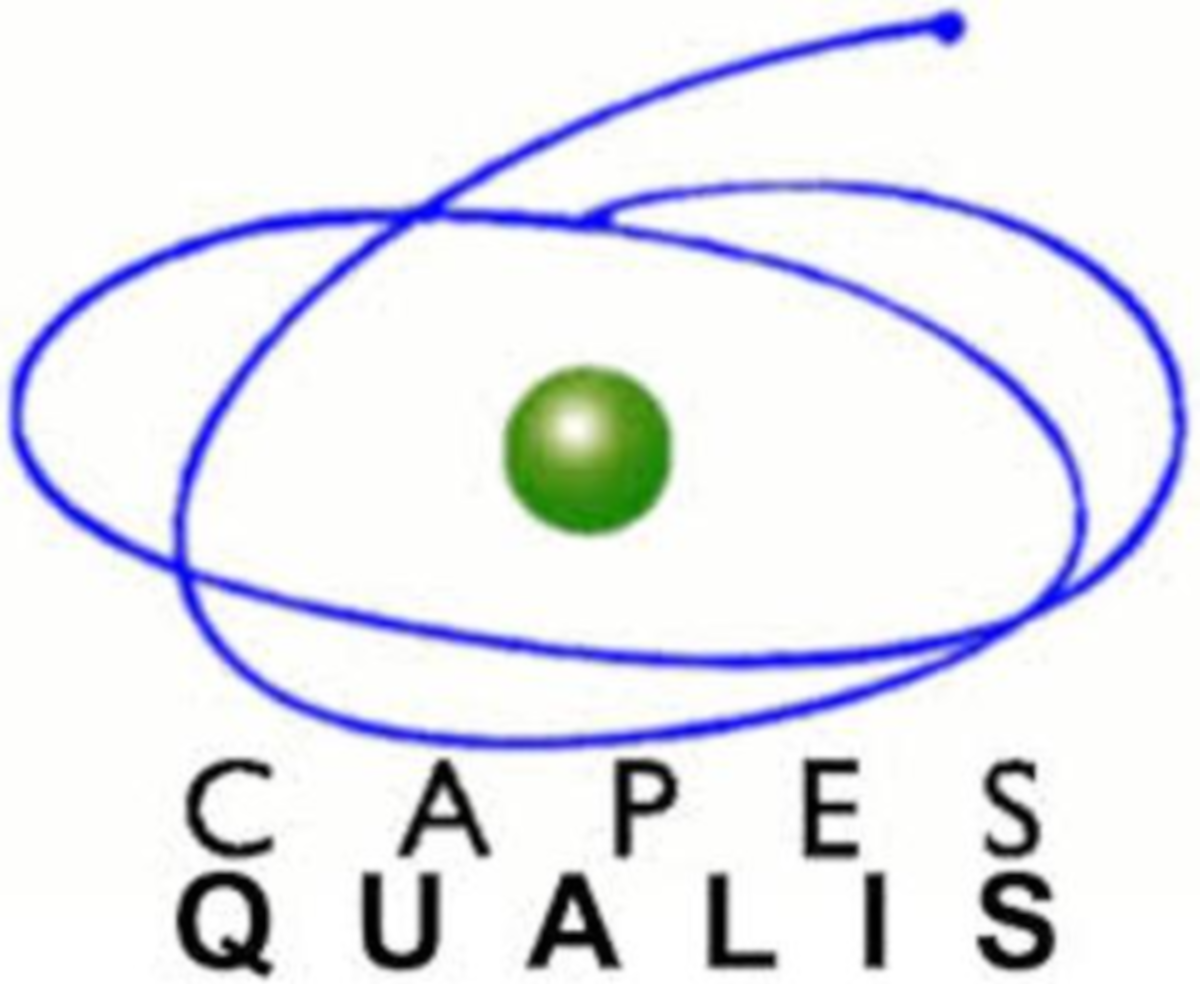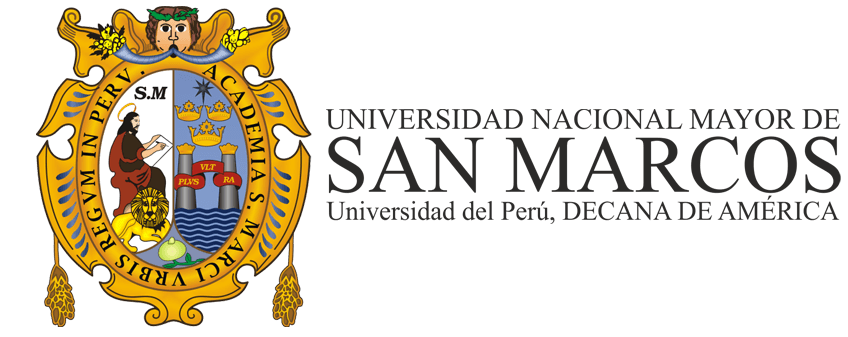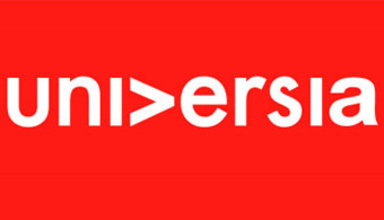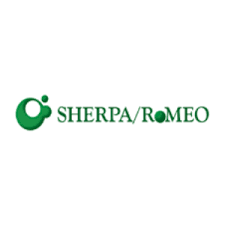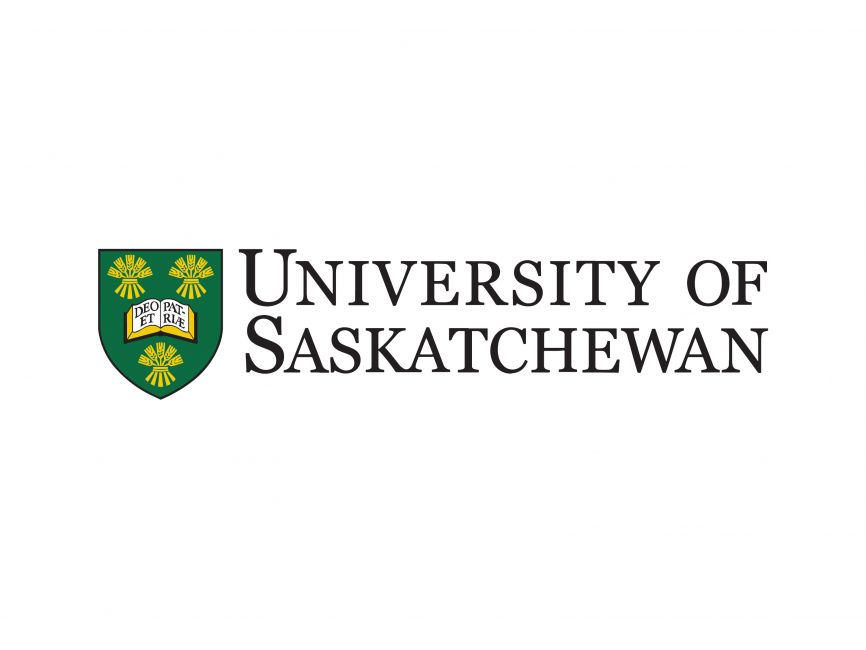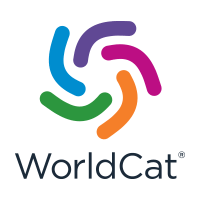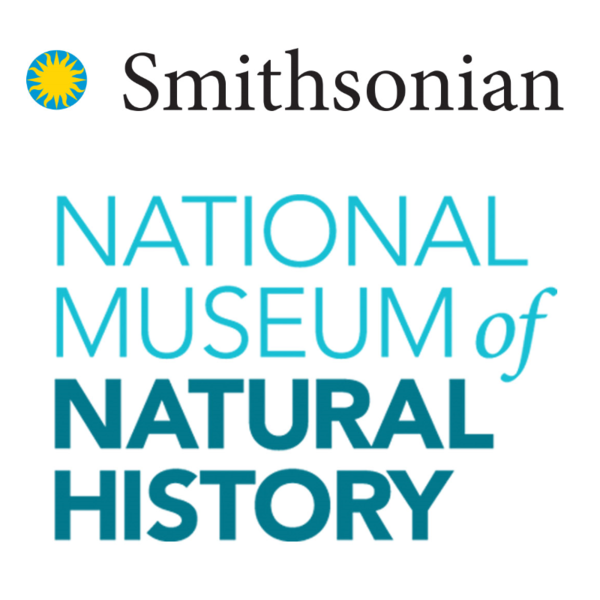PREVALENCE OF GASTROINTESTINAL PARASITES IN THOROUGHBRED HORSES (EQQUS CABALLUS) DURING THE PERIOD OF 2010 IN THE RACETRACK “LA RINCONADA” CARACAS, VENEZUELA
DOI:
https://doi.org/10.24039/rnh2011511038Keywords:
Equus caballus, equine, Strongylus, Parascaris.Abstract
650 horses (Equus caballus Linnaeus, 1758), race Thoroughbred Race, 300 male and 350 female were studied, all of two years old, from breeding centers in the central region of Venezuela by stool by McMaster flotation technique (Willis-Molloy) during the quarantine period 2010 at the Racetrack "La Rinconada" Caracas, Venezuela. Parasitological study revealed the presence of Strongyle eggs in 477 horses (73%), Parascaris equorum (Goeze, 1782) eggs in 23 (4%) and 150 (23%) were negative. The presence of strongylos remained within the range of 550-1850 HPG (Eggs per g of stool), while P. equorum was 250-600 HPG. These results suggestive an inadequate health plan and specifically to control parasites. It is possible the parasite resistance to conventional use, but this may be associated with climate changes that alter the life cycle of these parasites. In conclusion, we reported the presence of gastrointestinal parasites in Thoroughbred horses during the quarantine period at the Racetrack "La Rinconada" Caracas, Venezuela.
Downloads
Published
How to Cite
Issue
Section
License
Copyright (c) 2021 Neotropical Helminthology

This work is licensed under a Creative Commons Attribution-NonCommercial-NoDerivatives 4.0 International License.
OBJETO: El AUTOR-CEDENTE transfiere de manera TOTAL Y SIN LIMITACIÓN alguna al CESIONARIO los derechos patrimoniales que le corresponden sobre la (s) obra(s) tituladas: xxxxxxxxxxxxxxxx, por el tiempo que establezca la ley internacional. En virtud de lo anterior, se entiende que el CESIONARIO adquiere el derecho de reproducción en todas sus modalidades, incluso para inclusión audiovisual; el derecho de transformación o adaptación, comunicación pública, traducción, distribución y, en general, cualquier tipo de explotación que de las obras se pueda realizar por cualquier medio conocido o por conocer en el territorio nacional o internacional.
REMUNERACIÓN: La cesión de los derechos patrimoniales de autor que mediante este contrato se hace será a título gratuito.
CONDICIONES Y LEGITIMIDAD DE LOS DERECHOS: El AUTOR-CEDENTE garantiza que es propietario integral de los derechos de explotación de la(s) obra(s) y en consecuencia garantiza que puede contratar y transferir los derechos aquí cedidos sin ningún tipo de limitación por no tener ningún tipo de gravamen, limitación o disposición. En todo caso, responderá por cualquier reclamo que en materia de derecho de autor se pueda presentar, exonerando de cualquier responsabilidad al CESIONARIO.
LICENCIA DE ACCESO ABIERTO: El AUTOR-CEDENTE autoriza que manuscrito publicado en La Revista Neotropical Helminthology permanece disponible para su consulta pública en el sitio web https://www.neotropicalhelminthology.com/ y en los diferentes sistemas de indexación y bases de datos en las que la revista tiene visibilidad, bajo la licencia Creative Commons, en la modalidad Reconocimiento-No comercial- Sin Trabajos derivados –aprobada en Perú, y por lo tanto son de acceso abierto. De ahí que los autores dan, sin derecho a retribución económica, a la Asociación Peruana de Helmintología e Invertebrados Afines (APHIA), los derechos de autor para la edición y reproducción a través de diferentes medios de difusión.


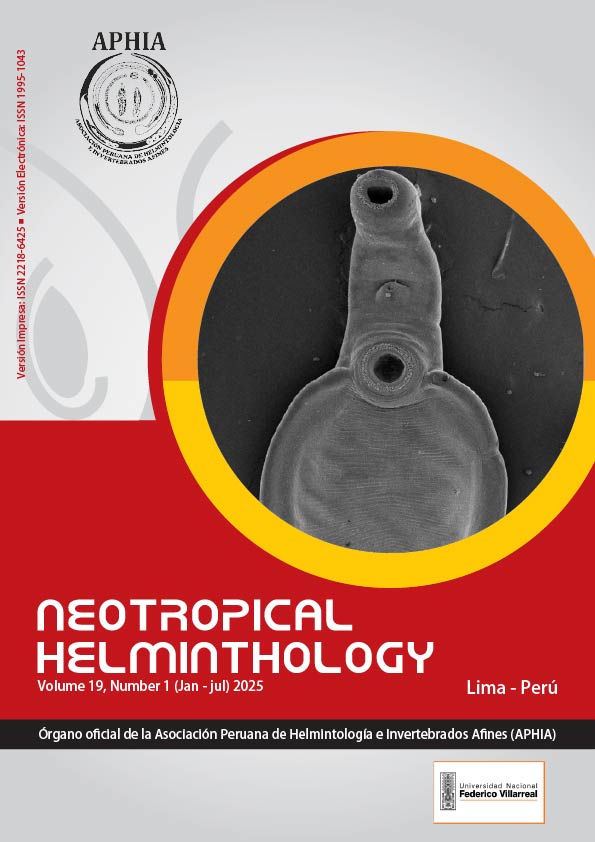 Numero 2 Volumen 19 - 2025 (versión Anticipada)
Numero 2 Volumen 19 - 2025 (versión Anticipada)

















